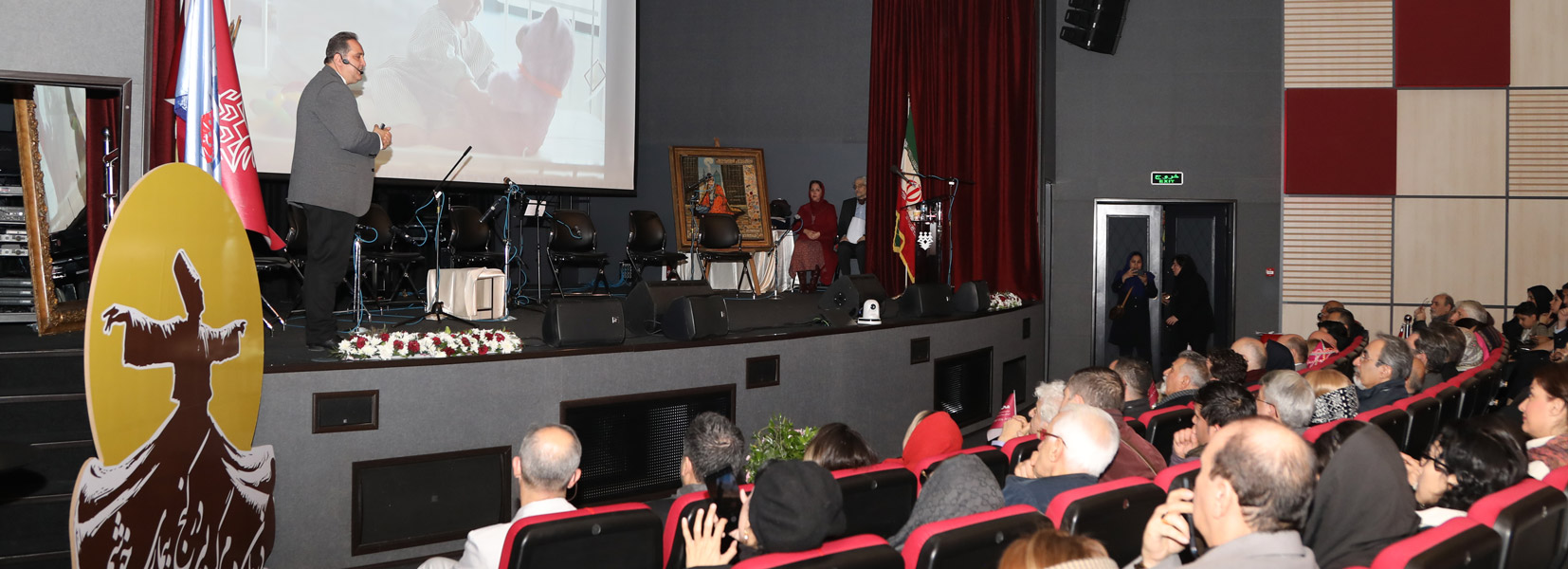
This Time: Rumi at MAHAK
- 22 December 24
- 621 revirew
- 0 comment
Rumi, also known as Jalal ad-Din Muhammad Rumi, was a 13th-century Persian poet, theologian, and mystic whose work has had a profound and lasting influence on literature and Sufism around the world.
To date, he remains a prominent figure in the Sufi tradition, and his verses—rich in imagery, emotion, storytelling, allegory, and metaphor—continue to inspire millions globally.
Rumi’s ability to making complex personal ideas accessible to a wide universal audience, contributes to his timelessness and status as one of the most cherished poets in Persian literature.
Advocating to art and artist, MAHAK charity institute has organized an event entitled “Rumi” to promote message of empathy and compassion worldwide, drawing on the influence of Rumi and his spiritually themed verses.
On December 2024, MAHAK hosted a ceremony to honor the Persian beloved poet, Rumi. During the ceremony, Dr. Arasb Ahmadian, MAHAK CEO, delivered a speech on institute’s accomplishments in past thirty-three years.
He noted that since 1991, MAHAK has registered over 45,000 children diagnosed with cancer, providing care at its hospital and through 41 affiliated public treatment centers across the country.
Dr. Ahmadian pointed out that the pediatric cancer treatment survival rate shows 80% for high-income countries, whereas in low- and middle-income countries like Iran, it stands at only 20%. However, public relentless support for children with cancer and their families, this rate has now increased to 40%.
In concluding his speech, he affirmed that the 20% increase in the survival rate for pediatric cancer treatment is a testament to the efforts of Iran civil society that lead to such an achievement at MAHAK charity institute.
Haven’t you seen
So many Hindus and Turks
Communicating, having no shared words;
Yet among Turks
Fail to embrace each other, countless souls
Thus true intimacy owns its unique chords
For genuine connection demands way more what words can afford
Rumi
ای بسا هندو و ترک همزبان
ای بسا دو ترک چون بیگانگان
پس زبان محرمی خود دیگر است
همدلی از همزبانی بهتر است
مولانا
